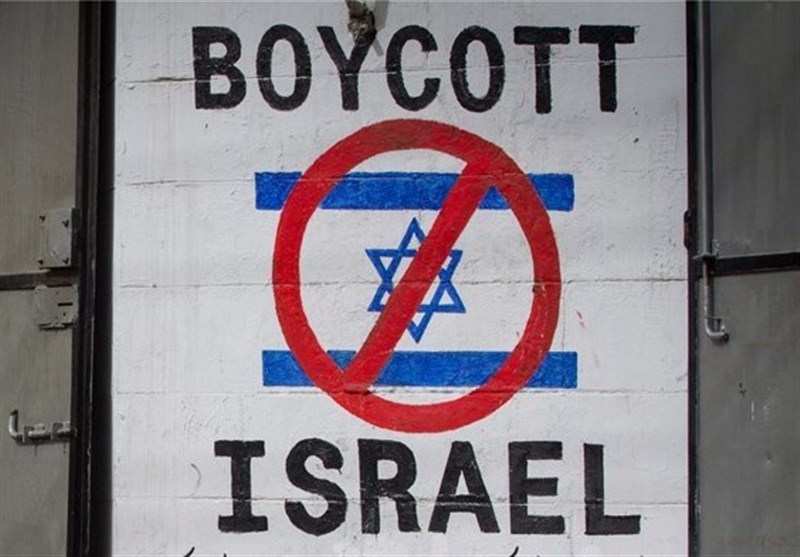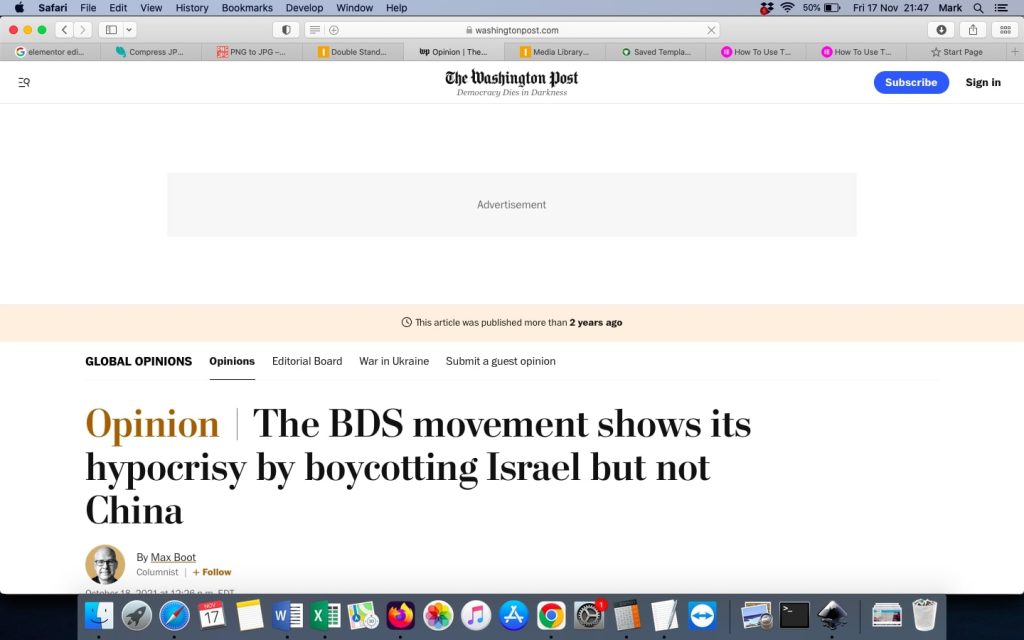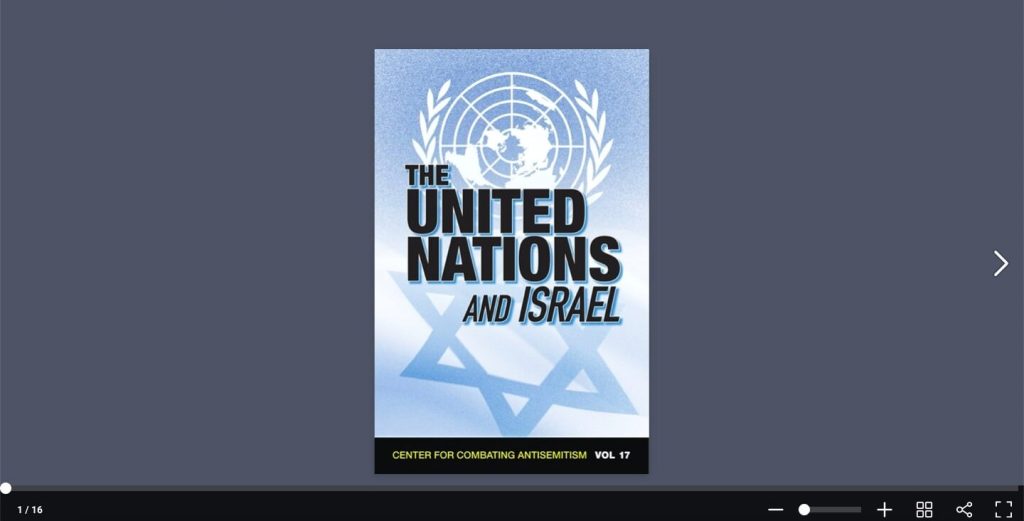Double Standards:
Does the international community treat Israel according to the same standards applied to other countries?
The behaviour of Israel, domestically and regionally, is subjected to more intense and critical scrutiny than any other country in the Middle East and perhaps the world.
Applying a double standard to Israel and other countries is discriminatory and fulfils one of the IHRA criteria of antisemitism.
The UN and its agencies regularly single out Israel.
The General Assembly regularly passes more resolutions condemning Israel than those condemning all other countries combined. The UN Human Rights Council has a permanent agenda item requiring discussion of Israel and no other named country.
Following Israel's establishment in 1948, two large groups of refugees were created: around 740,000 Palestinians from the territory of the British Mandate for Palestine and almost 900,000 Jews from across the Middle East and North Africa were displaced from their homes.
This second group has largely been ignored. Whereas special UN agencies were established to cater for the needs of the Palestinian refugees and billions of dollars raised by the international community for them, no such right was accorded to the Jewish refugees.
This self-evidently discriminatory activity has long been one of the key obstacle to the UN’s principal goal of promoting peace.
Taking their lead from the UN, many influential human rights organisations (including Amnesty International, Oxfam and Human Rights Watch) formed a group at an international ‘anti-racism’ conference in Durban in 2001 to promote the BDS (boycott, divestment, sanctions) movement against Israel and only Israel.
Israel is the only liberal democracy in the Middle East, yet it is vilified, attacked and threatened with annihilation by a multitude of terrorist groups (Hamas, Islamic Jihad, Hezbollah), many of which are backed by a major regional power, Iran.
Yet in the eyes of many around the world, Israel is the aggressor and its assailants are victims. When conflicts arise with its neighbours, anti-Israel demonstrators take to the streets of world capitals in numbers that dwarf the comparatively small protests triggered by other more lethal recent conflicts in Syria (550,000 deaths), Yemen (370,000 deaths), Darfur (300,000 deaths) and elsewhere. The casualties in many 21st century conflicts are far greater than in the entire Arab-Israeli dispute over the past 100 years (approx. 120,000 deaths).
This singling out of the world’s only Jewish state has promoted a hostile discourse about Zionism and Israel in wider civic society, including academia, the churches, trade unions and the media. Accusations against Israel of apartheid, ethnic cleansing and even genocide (all said to target the Palestinians) have gained traction in the 21st century in all of these settings and are amplified on a daily basis by social media.
The media is saturated with examples of moral equivalence: people treating Hamas and Israel as equal players in the ongoing war. Israel has been accused of bearing more, if not all, of the burden of responsibility.
Learn More:
UN Watch
“One year later – the answer to “Where are your Jews?””
AIJAC
Michal Cotler-Wunsh speech on antisemitism.







